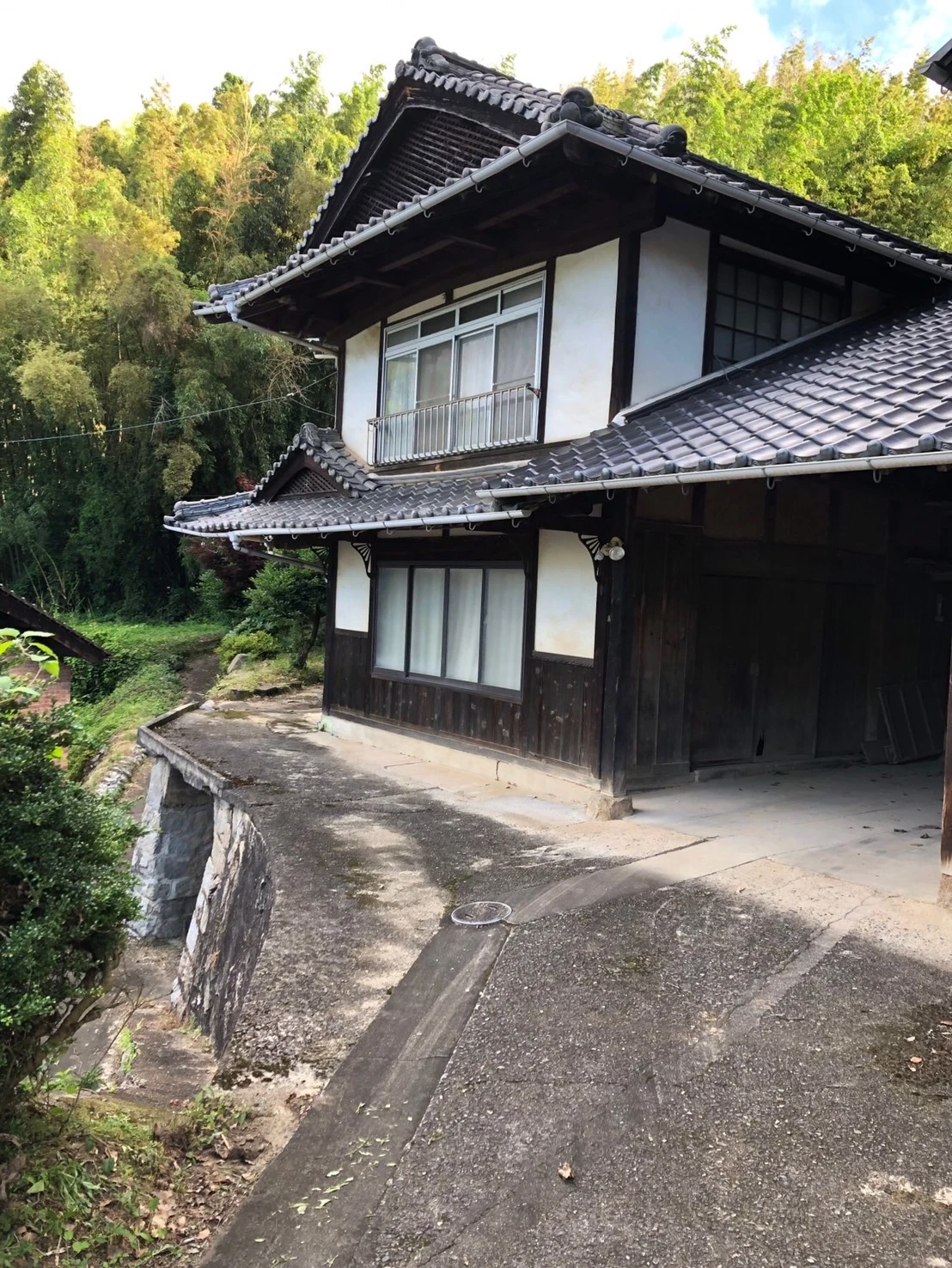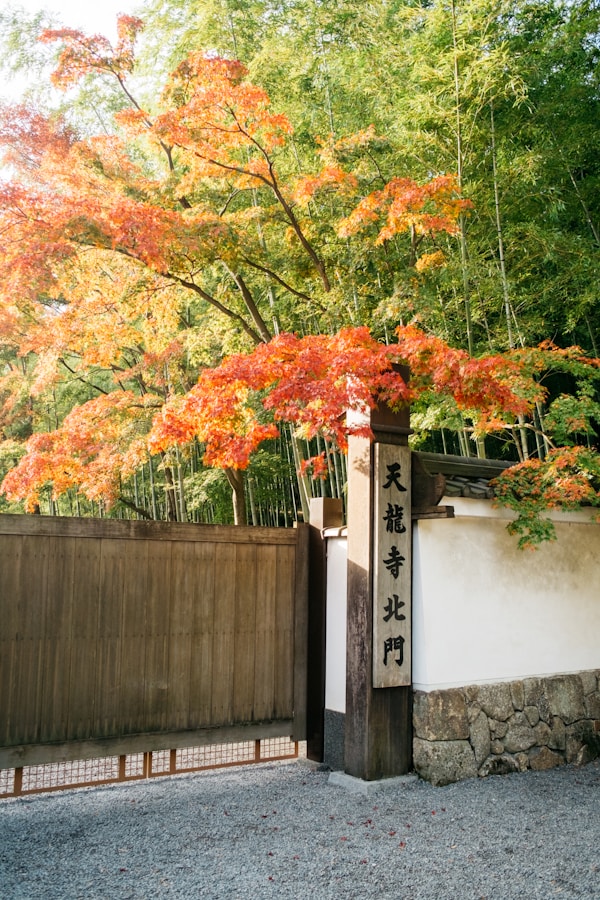.svg)
Akiya Pricing Strategies: How to Get the Best Deal for Your Property
.svg)
.svg)
.svg)

Investing in real estate is often seen as a secure way to build wealth, and in Japan, one of the most unique and potentially lucrative options is investing in an akiya—a vacant or abandoned home. With the Japanese government and local authorities actively working to revitalize rural areas, akiya properties offer a distinct investment opportunity that combines affordable prices with the potential for high returns. Here's why an akiya could be the perfect investment property for you.


Investing in real estate is often seen as a secure way to build wealth, and in Japan, one of the most unique and potentially lucrative options is investing in an akiya—a vacant or abandoned home. With the Japanese government and local authorities actively working to revitalize rural areas, akiya properties offer a distinct investment opportunity that combines affordable prices with the potential for high returns. Here's why an akiya could be the perfect investment property for you.

One of the most attractive aspects of investing in an akiya is the cost. These properties, often located in rural or less densely populated areas, can be purchased for a fraction of the price of similar properties in more urban regions. In some cases, akiya homes are available for little to no cost, with owners eager to offload the properties due to high maintenance costs, taxes, or simply the inability to sell them.
This affordability gives investors the chance to enter the Japanese property market at a low entry price, with the opportunity to invest in the land and home at an affordable rate.
The Japanese government is actively encouraging the revitalization of rural areas and abandoned homes. There are numerous incentives, grants, and low-interest loans available to those who purchase and renovate akiya properties. This can significantly reduce the overall cost of purchasing and renovating these homes.
For example, local governments often provide subsidies for renovation projects that can be applied to the restoration of old properties. Additionally, some akiya are part of local programs to encourage people to settle in underpopulated areas, offering even more attractive financial incentives.
While the purchase price of an akiya might be low, the potential return on investment (ROI) can be high, especially if you’re willing to invest in renovations. As more people look to move away from crowded cities and into quieter, more affordable rural locations, the demand for renovated homes in scenic areas is increasing. Many investors have successfully renovated and turned akiya homes into vacation rentals, Airbnb properties, or even long-term rentals, all of which can generate substantial rental income.
Additionally, the increasing popularity of rural tourism in Japan means that investors can take advantage of the growing interest in off-the-beaten-path locations. This is particularly true for homes located near cultural sites, hot springs, or other natural attractions.
While any property requires maintenance, akiya homes in rural areas typically come with lower ongoing costs compared to homes in urban centers. The general cost of property taxes, utilities, and other fees tends to be lower in rural locations, which means investors can focus more on improving the property and less on draining expenses for upkeep.
Also, as rural areas experience lower demand for properties, akiya owners may have fewer issues with rising property values and expensive fees tied to urban real estate markets.
The charm of akiya properties lies not only in their affordability but also in their unique character. Many of these homes feature traditional Japanese architectural elements such as tatami rooms, sliding shoji doors, and wooden beams. For investors, this opens up opportunities to tap into niche markets such as those interested in traditional Japanese homes, culture enthusiasts, or people looking for an authentic experience in rural Japan.
The growing demand for vacation homes and cultural experiences has made the market for akiya homes increasingly appealing to tourists who want to escape the hustle and bustle of urban life and immerse themselves in a traditional Japanese living experience.
While urban real estate in Japan can be expensive and subject to price fluctuations, akiya properties in rural areas offer significant long-term value potential. With the government's push for revitalization and the global appeal of Japanese culture, these properties are expected to appreciate over time, particularly as more people discover the allure of rural living.
As you invest in and renovate an akiya, you not only increase its value but also contribute to the long-term growth of the local economy and community. Over time, as demand for rural homes grows, your akiya could become a highly valuable asset.
Investing in an akiya is not only a smart financial decision, but it also has a positive cultural and environmental impact. By renovating these homes, you are helping to preserve traditional Japanese architecture and heritage while breathing new life into aging properties. This sustainable approach to property investment benefits the environment and contributes to the revitalization of local communities.
Moreover, as part of the effort to bring life back to rural areas, purchasing an akiya and restoring it can have a positive impact on the local economy. By attracting new residents or tourists, you’re helping to combat depopulation and ensure that rural towns thrive for generations to come.
At Old Houses Japan, we specialize in helping investors navigate the process of purchasing and renovating akiya properties. Here’s how we can assist you:
An akiya can be the perfect investment property due to its affordability, government incentives, potential for high returns, and unique appeal. Whether you’re looking for a long-term investment, a vacation rental opportunity, or a way to immerse yourself in Japanese culture, akiya properties provide a valuable and low-cost entry into the Japanese real estate market.
Old Houses Japan is here to help guide you every step of the way, from finding the right property to navigating the renovation process. Let us help you invest in an akiya today and be part of the exciting revitalization of rural Japan!
Start your journey with Luxey today! Sign up for free and get instant access to the best property listings.



